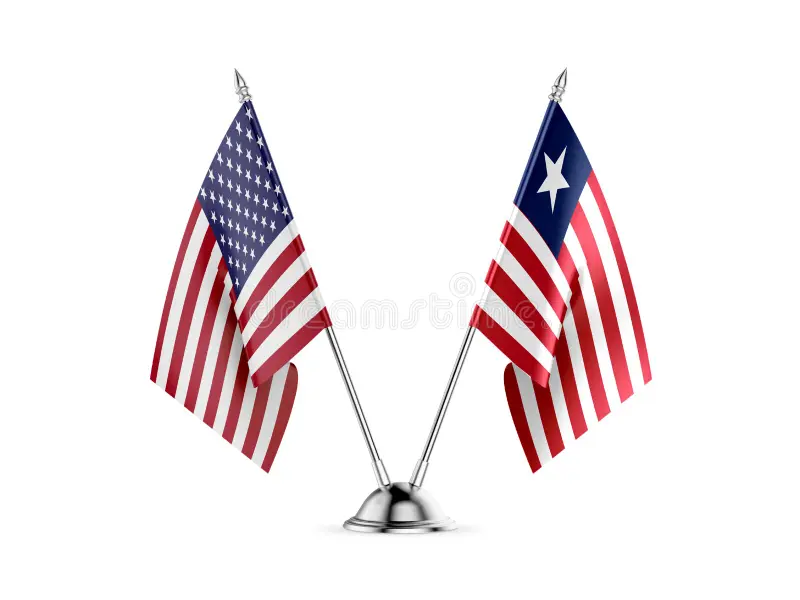Monrovia – U.S. Ambassador to Liberia, Mark Toner, has highlighted significant concerns regarding the high rate of visa denials for Liberians, which currently stands at approximately 82%. This issue has garnered attention from President Joseph Boakai and other key officials within his administration, as well as the general public.
Ambassador Toner clarified that this high refusal rate is not indicative of any personal bias against Liberia. He explained, “The refusal rate for visas has nothing to do with any vendetta. It’s a legal process that aims to manage immigration to the United States.”
Overstay Rates and Visa Challenges
Recent data has revealed alarming statistics about the overstay rates among Liberian nationals in the United States. Reports from U.S. Customs and Border Protection (CBP) indicate that nearly half of Liberians issued B-1/B-2 nonimmigrant visas during Fiscal Year 2022 failed to return to Liberia as required. Specifically, 49.48% of these visa holders overstayed their authorized duration in the U.S., while the situation for nonimmigrant student visa holders is also concerning, with a 29.95% overstay rate.
During a guest appearance on the Super Morning Show on ELBC 99.9, Ambassador Toner reiterated that more than 50% of Liberians who travel to the U.S. on tourist visas do not return within the prescribed timeframe. “When you enter the United States, your visa is stamped with a date that indicates your allowed stay—typically around three months. If you do not leave by that date, you are considered to have overstayed,” he noted.
Ambassador Toner emphasized that applicants often struggle to demonstrate strong ties to Liberia, such as employment or family connections, making it increasingly difficult for them to secure visas. “For young people without jobs or evidence of ties to Liberia, the chance of being denied a visa increases significantly,” he said.
Addressing the Issue
The ambassador urged Liberians planning to travel to the U.S. to adhere strictly to their visa conditions and return within the specified timeframes to help improve the refusal rates. He underscored that the U.S.-Liberia relationship is not solely dependent on visa issuance, stating, “Consular affairs are a legal process aimed at controlling immigration.”
Ambassador Toner acknowledged the high demand for U.S. visas and stated that efforts are being made to enhance the efficiency of the visa application process. He cautioned Liberians against falling victim to scams, urging them to be wary of individuals who promise guaranteed visas for a fee. “If someone claims they can secure a visa for you, do not trust them. Many con artists exploit the desire of Liberians to travel to the United States,” he advised.
He encouraged applicants to utilize the embassy’s resources and submit only legitimate documentation during their applications. Honesty in the visa application process is crucial, he stressed, and he encouraged Liberians to invest in their education and local opportunities to contribute to the country’s development.
Corruption and Support for Liberia
Ambassador Toner identified corruption as a significant hurdle facing Liberia, pledging support for the Boakai administration’s efforts to combat this issue. He emphasized the need for a shift from a culture of dependency to one that encourages foreign investment through improved infrastructure and governance.
“Corruption remains a major priority for us. The U.S. government is committed to supporting Liberia in its fight against corruption, not just through sanctions, but also by empowering the Boakai administration to address these challenges within its ranks,” he stated.
The ambassador acknowledged the progress Liberia has made since 2003, noting the considerable U.S. investment in the country, which has amounted to approximately $5 billion. He praised Liberia’s stability and the professionalism of its security forces, while also recognizing the ongoing challenges in infrastructure, education, and healthcare.
“I am committed to advocating for both American and Liberian interests during my tenure here,” he concluded, reinforcing the U.S. government’s commitment to supporting Liberia’s path towards development and accountability.

